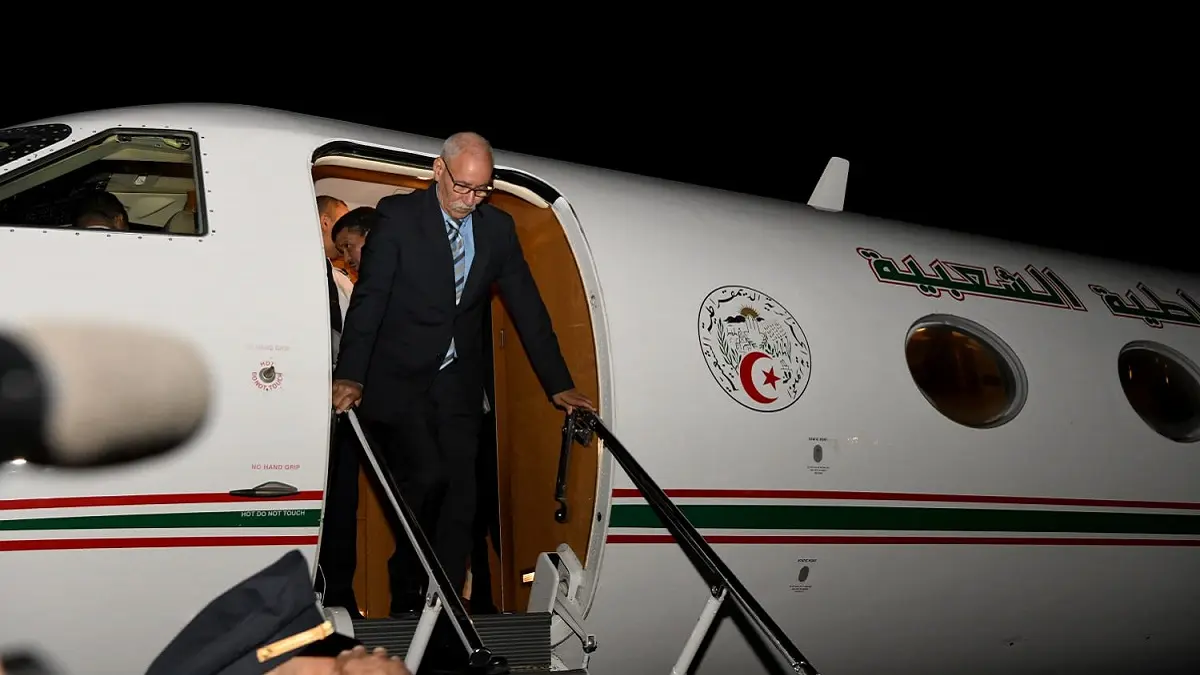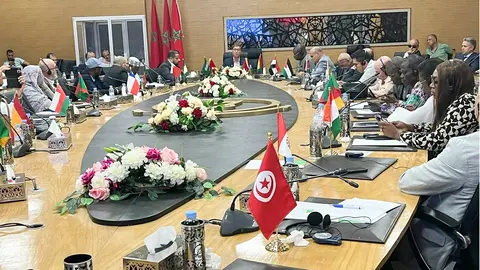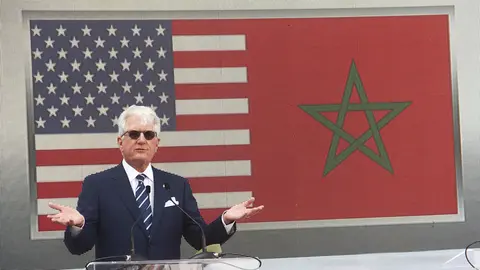The Polisario Front Faces a U.S. Reckoning and the Stakes Are Global

- The Axis of Instability: Iran, Hezbollah, and the Polisario
- Why This Matters Now
- A Test for Congress — and for U.S. Strategy
- The End of a Myth?
More than a symbolic gesture, this initiative could trigger profound geopolitical shifts from the Sahel to the Mediterranean.
For decades, the Polisario Front has portrayed itself as a liberation movement seeking independence for Western Sahara. But that narrative is now facing fierce scrutiny in Washington, where security concerns, ideological alliances, and strategic partnerships are converging in ways the group likely did not anticipate.
The Axis of Instability: Iran, Hezbollah, and the Polisario
Wilson’s bill is not emerging in a vacuum. It comes on the heels of alarming reports from two of Washington’s most influential conservative think tanks — the Heritage Foundation and the Hudson Institute — which both warned of growing ties between the Polisario and Iran’s proxy network, including Hezbollah. These connections, once suspected, are now being cited with increasing confidence in policy circles as evidence of the Polisario’s transformation into a regional destabilizer.
The framing is clear: Wilson described the group on X (formerly Twitter) as a “Marxist militia supported by Iran, Hezbollah, and Russia,” and accused it of undermining Morocco — a key U.S. ally for nearly two and a half centuries. Such statements are not rhetorical flourishes; they are part of a strategic effort to reposition the Polisario in the American security narrative as a threat rather than a partner in dialogue.
Why This Matters Now
Timing is everything in politics, and Wilson’s move is no exception. The Republican lawmaker has long been a close friend of Morocco in Congress, and his initiative coincides with renewed efforts by the GOP to reassert a more hawkish, anti-Iranian foreign policy — especially in Africa, where Iran’s footprint is expanding through non-state actors.
The implication is stark: if the Polisario is successfully designated a terrorist organization, it would not only be cut off from any formal U.S. engagement but could also face sanctions, asset freezes, and travel bans. Moreover, the move would send a chilling message to any state or entity offering support to the group, especially those aligned with Iranian interests.
A Test for Congress — and for U.S. Strategy
Of course, the legislative process remains a formidable obstacle. Wilson will need to rally bipartisan support in both the House and the Senate to push the bill forward. But in the current geopolitical climate — where the U.S. is rethinking its posture in Africa amid rising Russian and Iranian influence — the proposal may find more traction than expected.
For the Biden administration, the bill poses a dilemma. While it has thus far maintained cautious continuity in its approach to Western Sahara, endorsing Morocco’s autonomy plan without fully replicating Trump’s recognition of Moroccan sovereignty, it now faces pressure from Capitol Hill to draw a sharper line.
This is more than a regional dispute. It’s a test of whether the United States is willing to confront the ways in which global adversaries use proxy conflicts to gain leverage — and whether it will stand unequivocally by its oldest ally in Africa.
The End of a Myth?
For decades, the Polisario benefitted from a certain ambiguity: a cause romanticized in some diplomatic circles, protected by inertia in others. But the tide is turning. With the growing evidence of its entanglements with malign actors and the firm support Morocco enjoys across the Arab world, Africa, and increasingly Europe, the Polisario’s image as a legitimate liberation movement is fast eroding.
Joe Wilson’s bill may or may not pass. But it has already accomplished one thing: it has shattered the illusion that the Polisario operates in a geopolitical vacuum. The era of indifference is over — and the consequences could be historic.
Said Temsamani. Political Analyst



